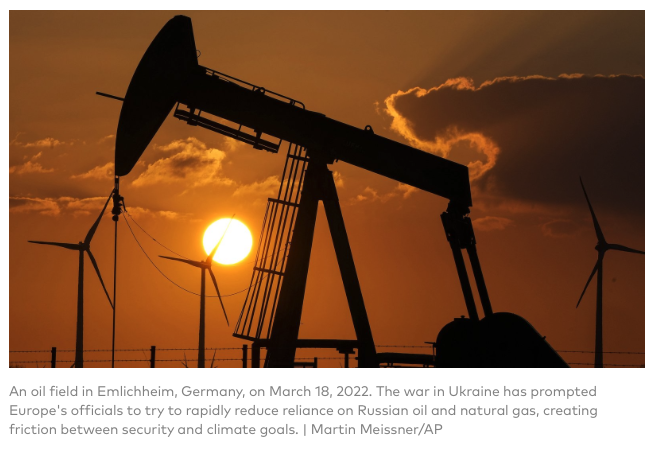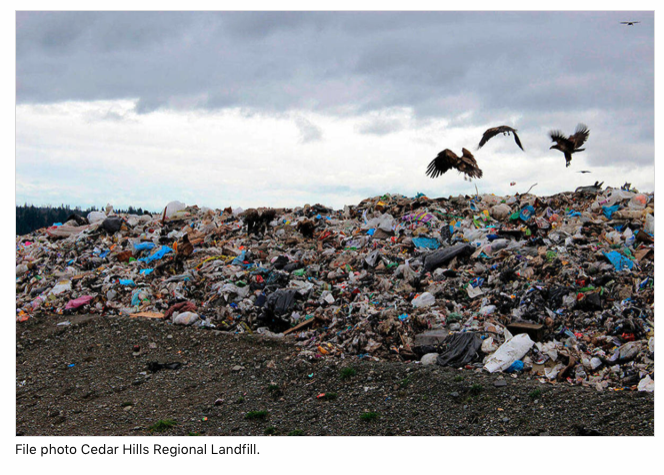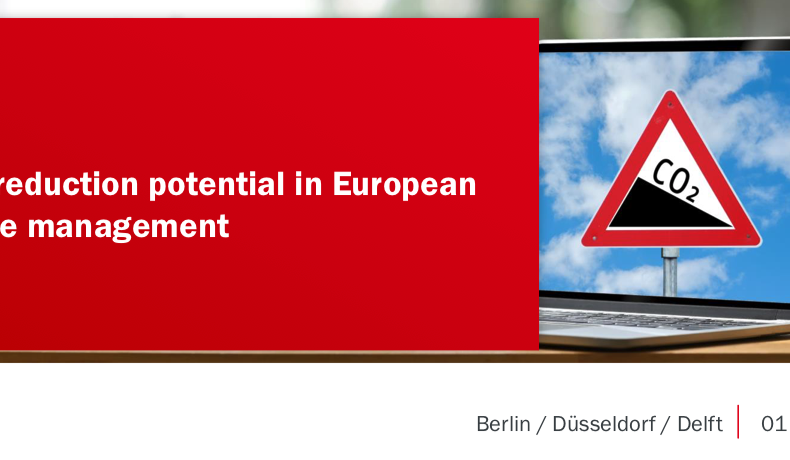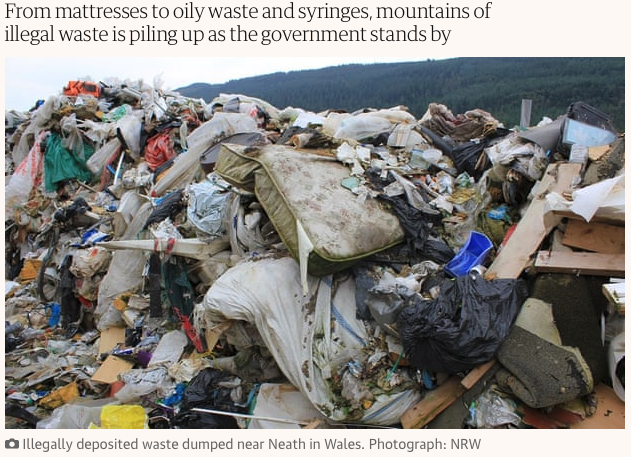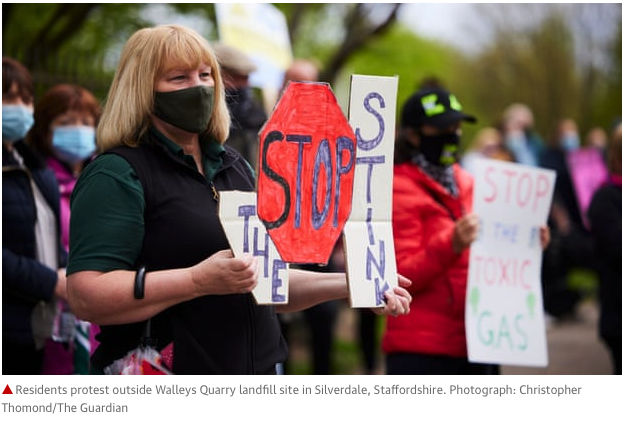…
Advocates of sustainable energy and waste management have been critical of the King County Solid Waste Division’s apparent push to expand the landfill. In September 2021, the Institute for Energy and Resource Management issued a public statement calling the King County Solid Waste Division’s environmental impact statement a “boondoogle,” and accusing the county of “going through the motions but having the conclusion decided well before hand.”
President of the Institute for Energy and Resource Management, Philipp Schmidt-Pathmann, has been increasingly vocal in his criticism of the King County Solid Waste Division and what he believes has been a lack of investment in recycling infrastructure and systems improvements. He cited stagnate rates of recycling in the region over the years.
Schmidt-Pathmann also has expressed his disbelief in the county’s studies, which claim the possibility of high rates of methane recapture from the landfill. Schmidt-Pathmann believes that the county has overinflated the rates of methane that can be captured as a way of making a landfill look like a more viable and sustainable waste management method than he believes it truly is.
He expressed his skepticism regarding the county’s reported rates of methane capture in a letter to the director of the King County Solid Waste Division in November of 2021.
…
